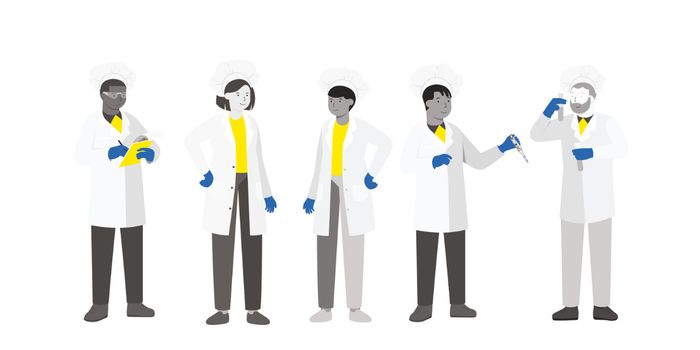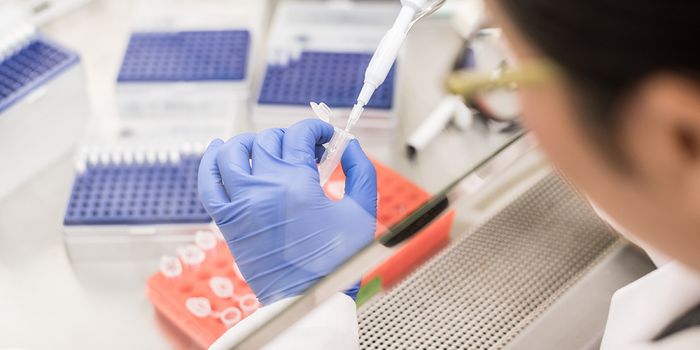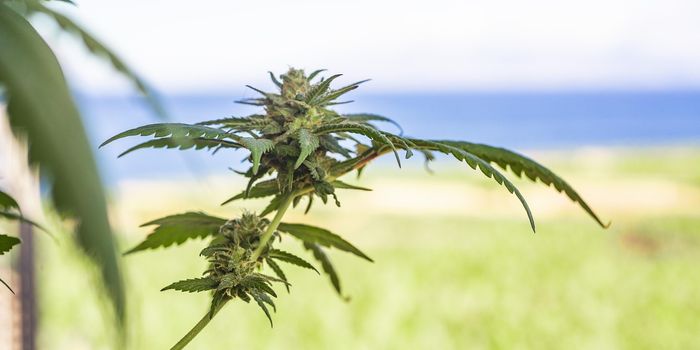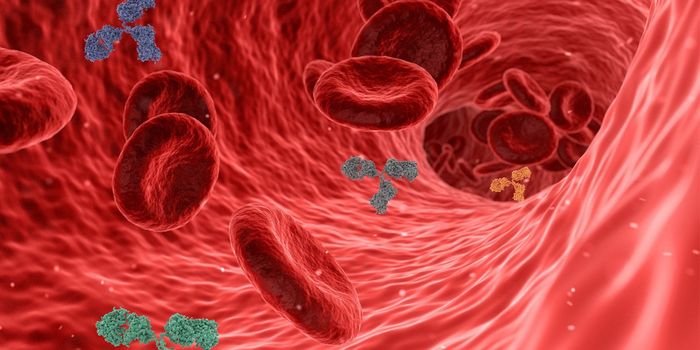Experimental Drug Encourages Bone Growth in Children with Dwarfism
An experimental drug called vosoritide, alters certain proteins that block bone growth, which allowed the average annual growth of bone in a study of 35 children and teenagers with achondroplasia--a form of dwarfism.
"An increase in the annual growth rate alone may have a positive effect on some patients' quality of life. For other patients, now and in the future, our hope is that the altered bone growth throughout the body could ease such problems as sleep apnea, neurological and leg and back problems, and improve their quality of life," says Julie Hoover-Fong, M.D., Ph.D., associate professor and director of the Greenberg Center for Skeletal Dysplasias at the Johns Hopkins McKusick-Nathans Institute of Genetic Medicine. "Right now, the results of the study show an impact on growth, and this effect is sustained, at least over nearly four years in this trial. The potential long-term benefit will take more time to observe."
Results of the four-year study were reported in the New England Journal of Medicine.
About 20% of individuals living with achondroplasia will inherit the mutations. Besides dwarfism, other symptoms include developing sleep apnea, chronic ear infections, neurological problems, spinal stenosis and bowed legs. Many individuals will frequently require surgical treatments to relieve pain and other symptoms.
"About half of these children will need spinal or other surgery, and this can mean a lot of time away from school as the child recovers and rehabilitates after surgery, which can affect important social connections," says Ravi Savarirayan, M.B.B.S., M.D., clinical geneticist and group leader of skeletal biology and disease at Murdoch Children's Research Institute.
Learn more about achondroplasia:
There are currently no treatments that can reverse achondroplasia. However, vosoritide, a synthetic version of a natural protein present in humans called C-type natriuretic peptide, is designed to target the growth plates of bones. "This is the first therapeutic option that targets the molecular cause of the condition," says Hoover-Fong. “Importantly, none of the children experienced an anaphylactic reaction to the drug and none developed a low blood pressure problem that required medical intervention, which was a concern with this type of drug," says Hoover-Fong.
Source: Johns Hopkins University









